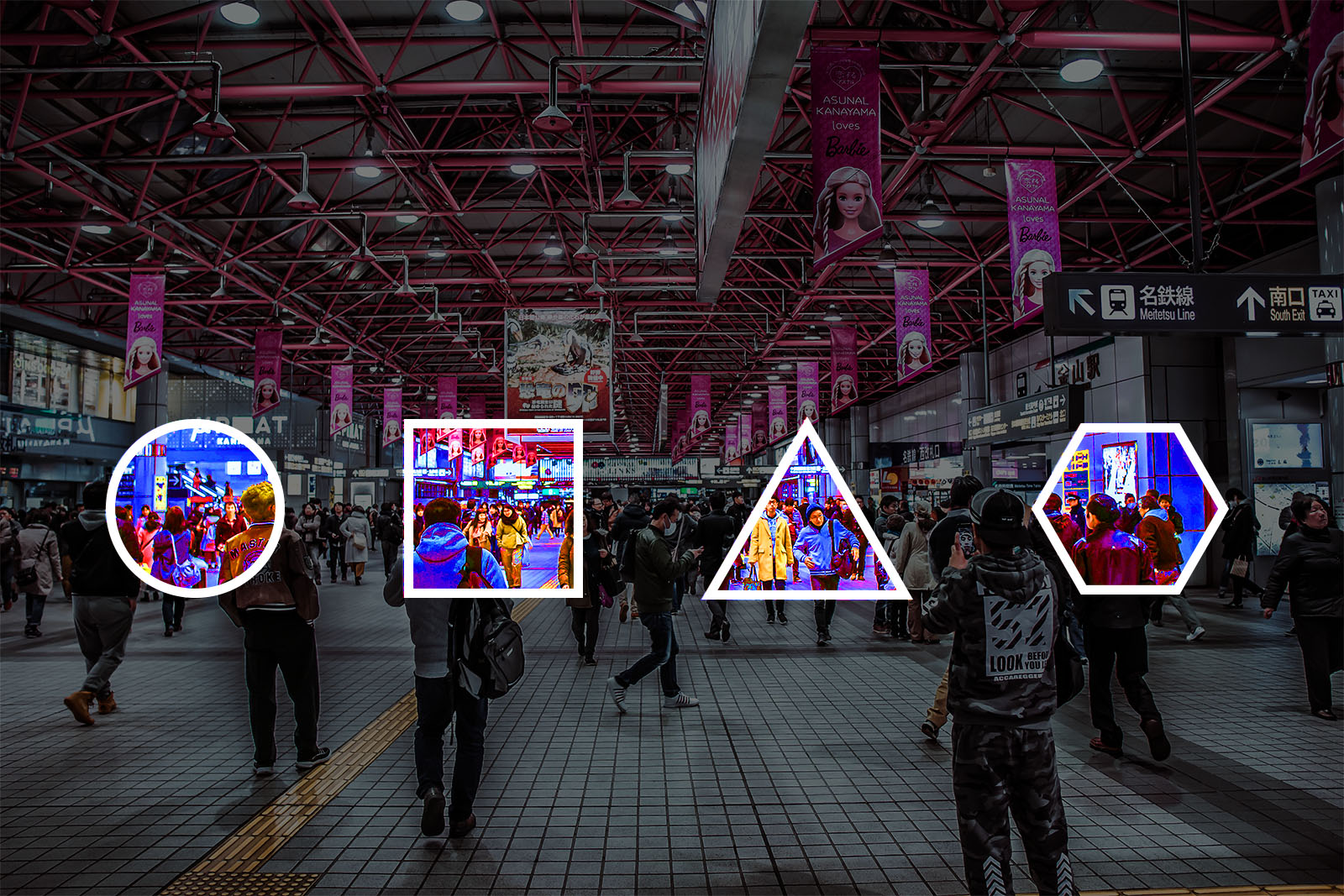Learning Lenses: Four Theories for Interpreting Experience Design Scenes

This paper presents four experiential assignments where graduate-level design students in an online Experience Design Studio course use systems and psychological theories to investigate complex scenarios and decipher factors that cause varied emotional and operational outcomes. The paper’s first section discusses the utility of applying theory to inspect components of peoples’ interactions with products, services, and systems as technologies, processes, and the importance people place on them evolve. Section two draws from the literature and two years of evidence from teaching the Experience Design Studio course. This section demonstrates how experiential learning is highly effective in helping students make sense of complex usage scenarios during the research phase and to inform design decisions. The paper introduces four theories used in the Experience Design Studio course: Soft Systems Methodology (Checkland, 1981), Self-Determination Theory (Ryan & Deci, 2000), The Theory of Planned Behavior (Ajzen, 1991), and Semiotics. It presents how to use each theory to discover why designed outcomes fail to produce desirable experiences. It also shows how these theories can help designers anticipate system-level concerns when innovating relevant and resilient outcomes. The paper’s final section shares details of the four theory-driven assignments. This section presents each assignment’s learning outcomes, online and on-site procedures, and findings that reveal how these assignments and their delivery empower students to develop a nimble mindset necessary for partnering and designing across cultures in ever-changing scenarios.
The full paper is available in Amps Proceedings series 33.1.